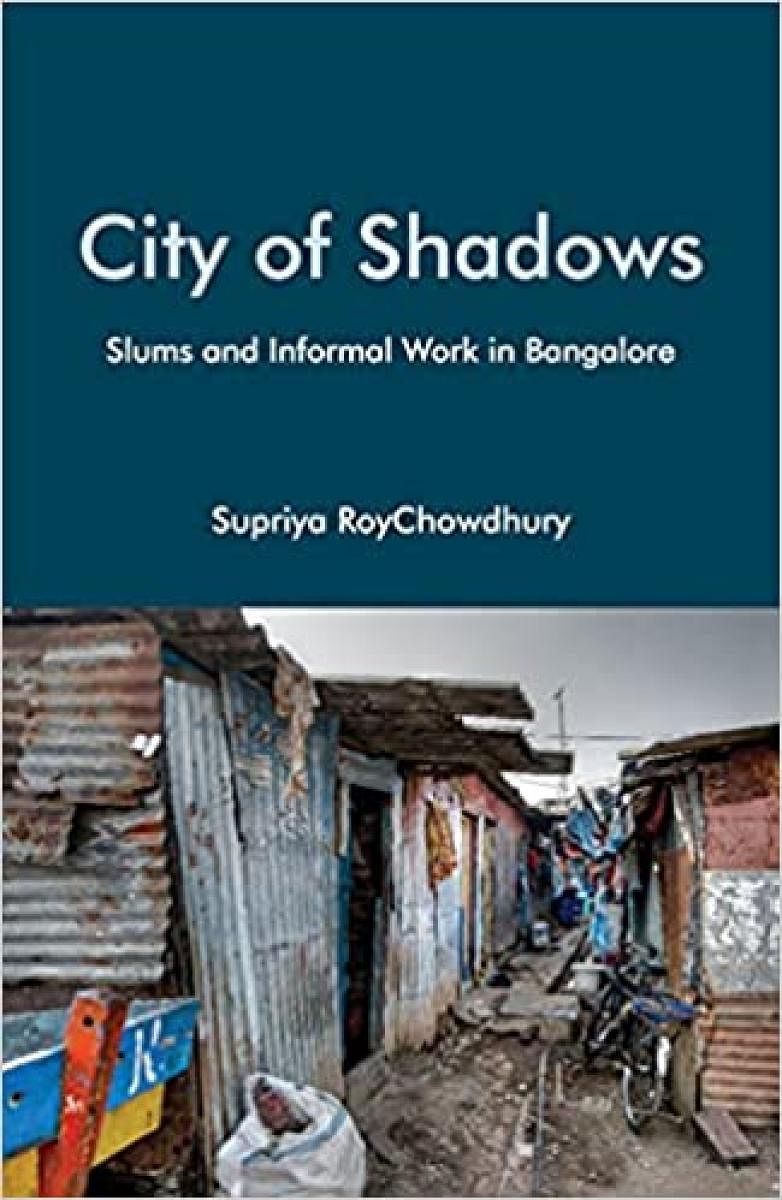Alongside debates over rising inequalities, the stubbornness of urban poverty, globally, has emerged as a major academic and policy concern. Urban poverty policy positions are typically framed by paradigms of basic services and welfare. In the backdrop of Bangalore's evolution into India's Silicon Valley, City of Shadows: Slums and Informal Work in Bangalore by Supriya Roy Chowdhury presents research spanning old, inner city slums, new migrant settlements in urban peripheries, slum development projects, and garment export and construction workers, highlighting that intergenerationally, the urban poor remain tied to traditional low-paying occupations, or, get incorporated into new urban growth channels (export industries, low-end services) under highly unfavourable terms and conditions.
Using the concepts of the old and the new poor, to explore channels of inclusion and exclusion, the book underscores that the poor's vulnerabilities are defined by different regimes of informality. Debates on the urban poor's political agency are used to problematise informality's complex relationship to contemporary theories of class.
Supriya Roy Chowdhury is currently Visiting Professor with the Urban and Mobility Studies Program at the National Institute of Advanced Studies, Bengaluru. She was earlier Professor of Political Science at the Institute for Social and Economic Change, Bengaluru.
